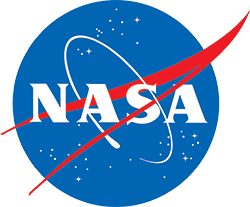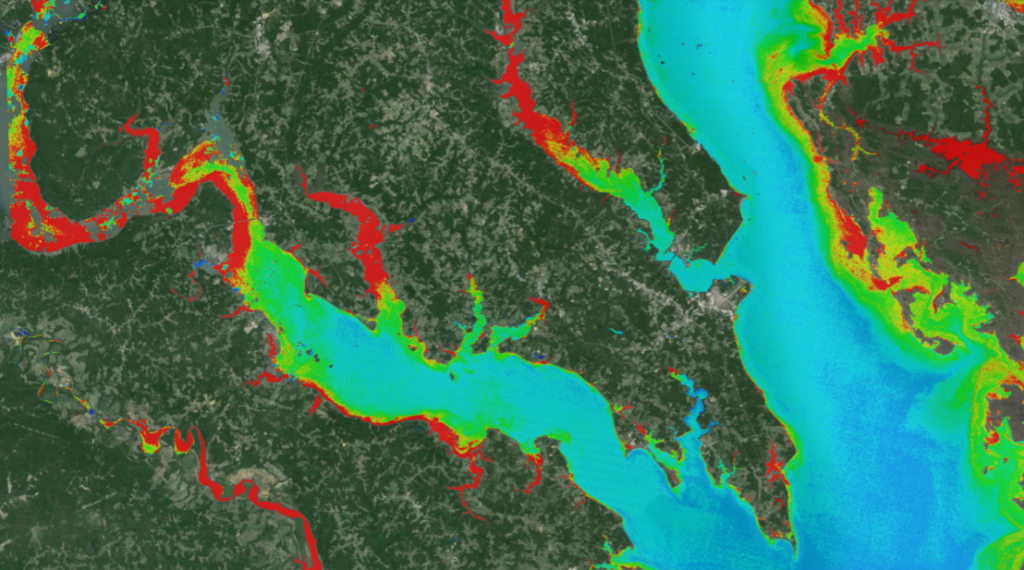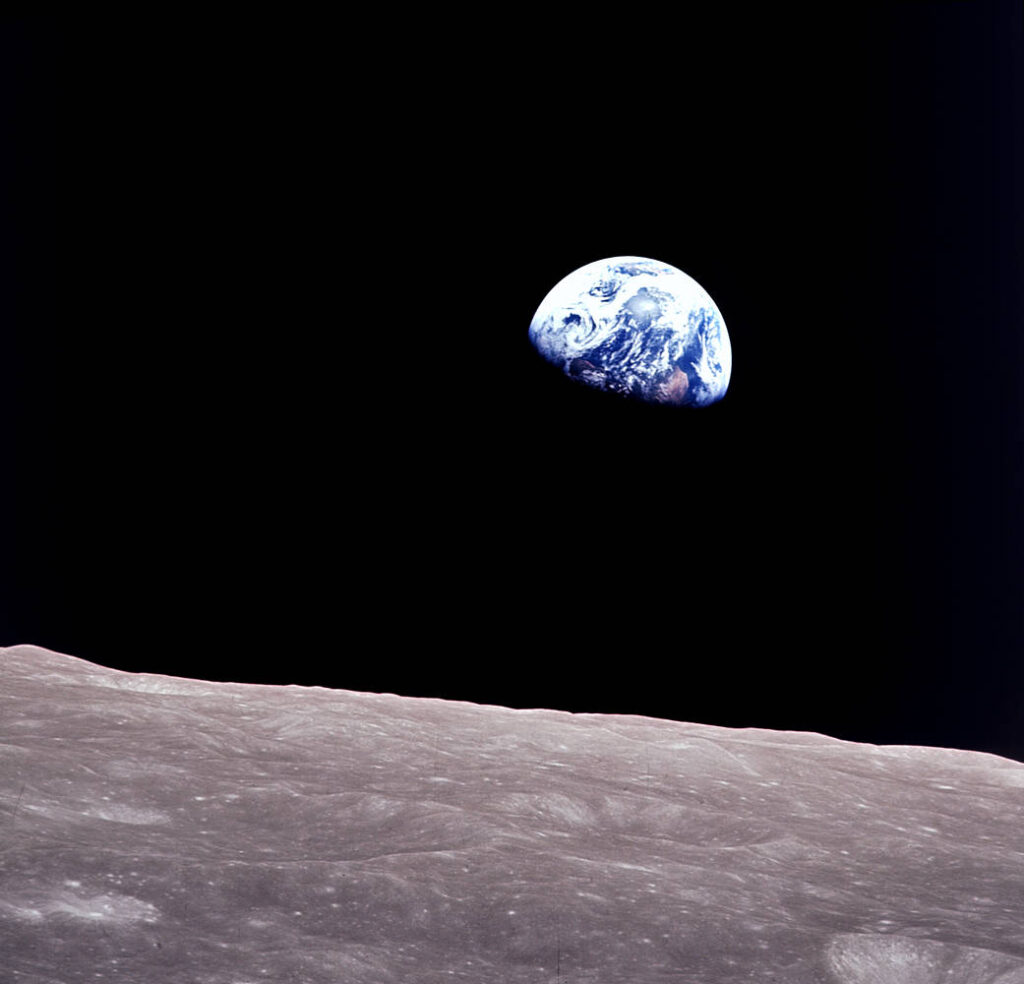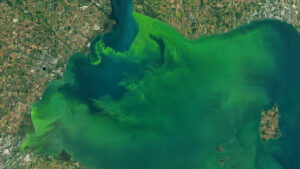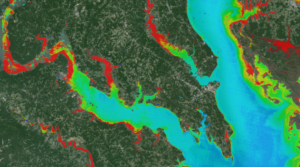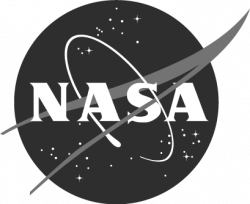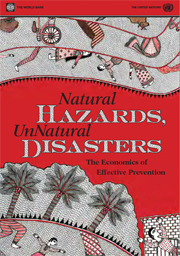 A joint report from the World Bank and United Nations titled Natural Hazards, UnNatural Disasters: The Economics of Effective Prevention examines the economic and human cost of natural disasters. The report, released earlier this month, concludes that there are many methods of prevention that governments can pursue that will not be prohibitively expensive. One such method is the sharing of weather and other Earth observation data. The report says, “even modest increases in spending [on forecasting data]— and greater sharing of data internationally—can have enormous benefits, especially to warn people of impending hazards.”
A joint report from the World Bank and United Nations titled Natural Hazards, UnNatural Disasters: The Economics of Effective Prevention examines the economic and human cost of natural disasters. The report, released earlier this month, concludes that there are many methods of prevention that governments can pursue that will not be prohibitively expensive. One such method is the sharing of weather and other Earth observation data. The report says, “even modest increases in spending [on forecasting data]— and greater sharing of data internationally—can have enormous benefits, especially to warn people of impending hazards.”
The report suggested that the commercial and security reasons commonly used not to share data are often baseless and that better coordination for sharing data is needed. In an interview with SciDev.net, the director of the Group on Earth Observations, José Achache, said that the new Landsat data policy is an example of progress on releasing data.
Further Information:
+ World Bank press release [external link]
+ Natural Hazards, Unnatural Disasters [external link]
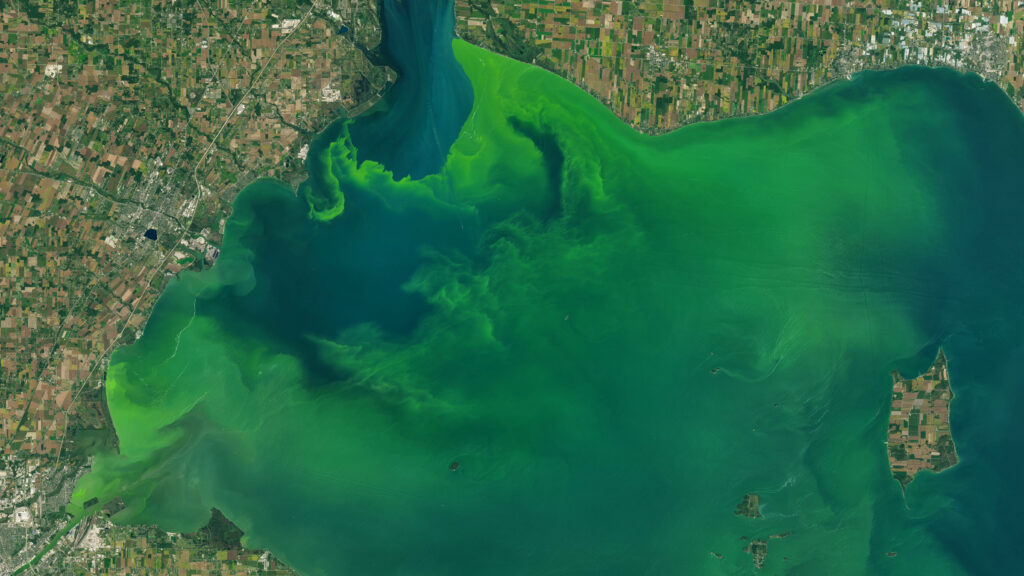
Be Part of What’s Next: Emerging Applications of Landsat at AGU24
Anyone making innovative use of Landsat data to meet societal needs today and during coming decades is encouraged to submit and abstract for the upcoming “Emerging Science Applications of Landsat” session at AGU24.
